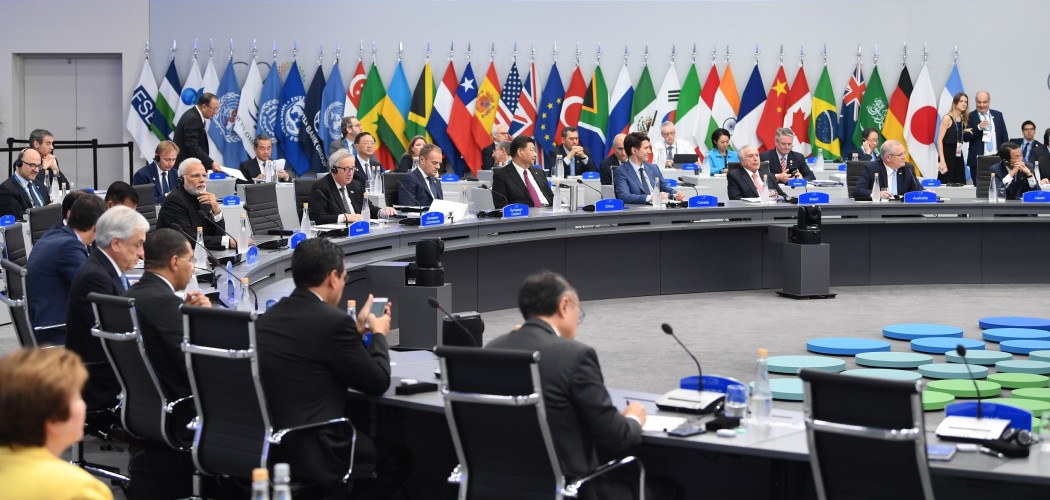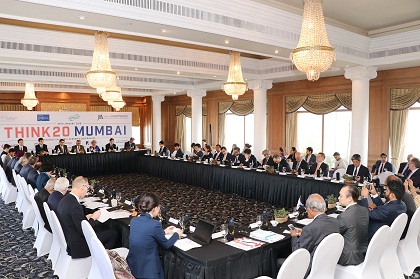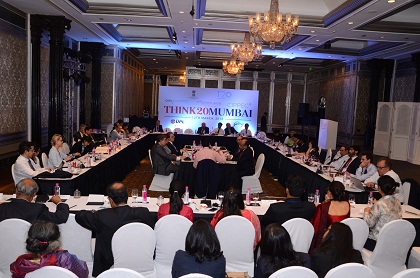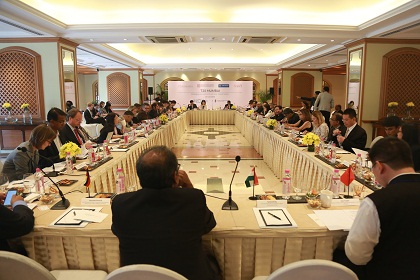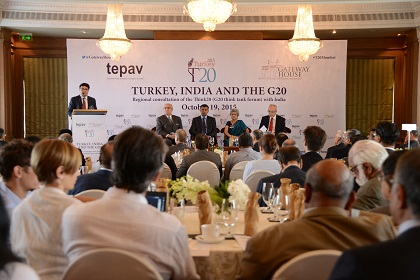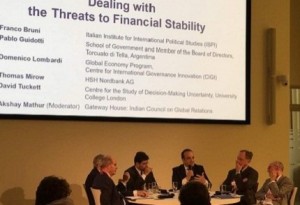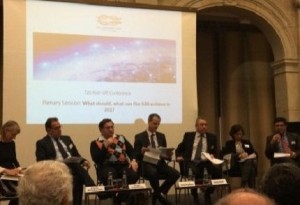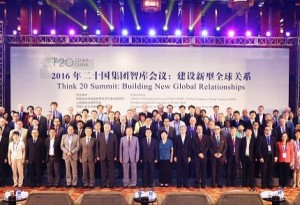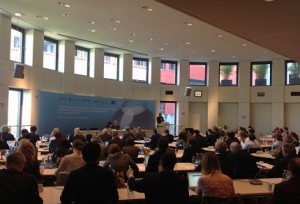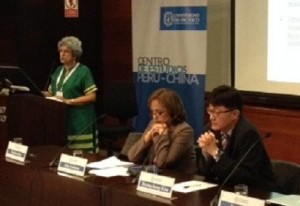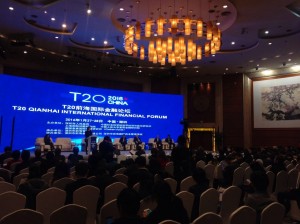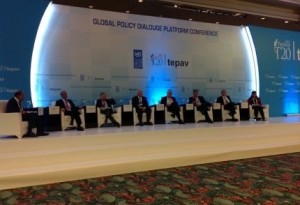In 2022, India will be host to the G20, or Group of 20 nations, the world’s most influential economic multilateral forum.
The current G20 leaders-level dialogue came into being during the western financial crisis of 2008, when the G8 countries invited the leaders of the large developing economies, including India and China, to help power their way out of the crisis.
For countries like India, the G20 is a unique global institution, where developed and developing countries have equal stature. Here, the latter can display their global political, economic and intellectual leadership on a par with the world’s most powerful countries. It is the agenda-setting body that guides the international financial institutions and global standard-setting body that develops and enforces rules of global economic governance.
The G20 has a rotating presidency and secretariat, ensuring that no country dominates the agenda. Instead, the G20 host sets the agenda for the year, wielding vast direct and indirect influence. Managing this process from inception to fruition showcases a country’s talent and administrative ability.
This holds both opportunities and challenges for India: the opportunity to set the global economic governance agenda and make it inclusive, and the challenge of taking on the massive task as G20 President in 2022. Read More

